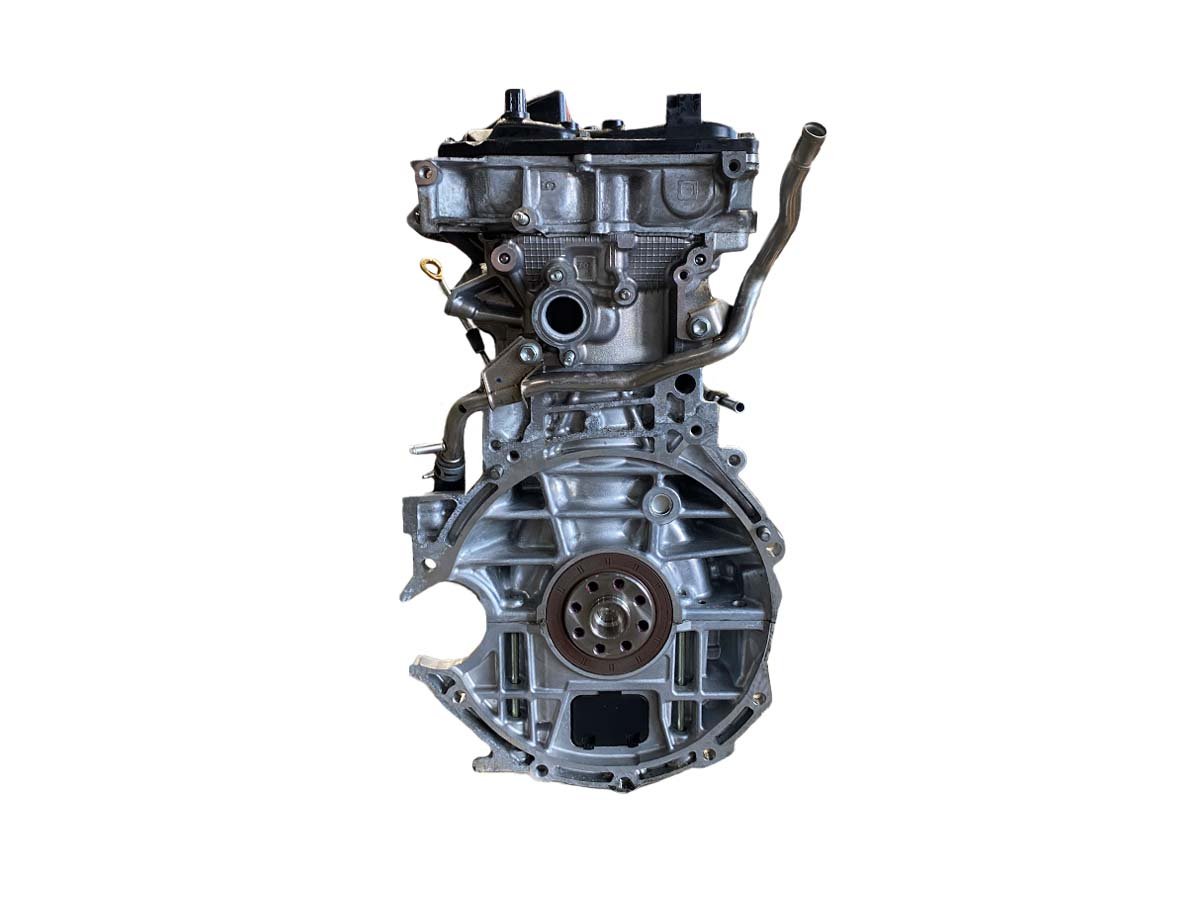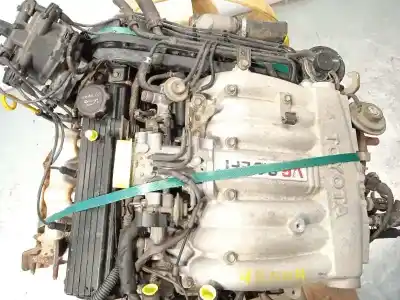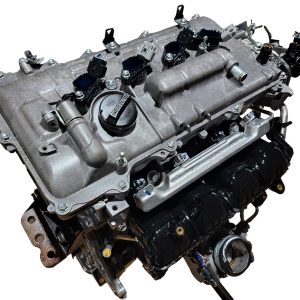Checking Out the Distinct Features of the Toyota RunX RSI Model
Checking Out the Distinct Features of the Toyota RunX RSI Model
Blog Article
Explore High Quality and Value: Your Overview to Getting a Used Engine
When thinking about the acquisition of a pre-owned engine, recognizing the complex balance between quality and value is critical. A thorough evaluation of engine integrity, condition, and history is necessary to ensure a sound investment. By conducting correct inspections and research study, possible customers can browse the complexities of the market better. The subtleties of warranty options and pricing strategies can substantially affect the overall decision-making procedure. As you ponder these factors, one question stays: what particular elements will inevitably guide your selection in this vital investment?
Comprehending Engine Types
When considering the purchase of a second-hand engine, comprehension of the numerous engine types is necessary for making an educated choice. Engines can typically be classified into two major kinds: inner burning engines and electric engines. Inner combustion engines, which consist of gasoline and diesel variations, count on the combustion of gas to create power. Gasoline engines are normally lighter and rev higher, making them appropriate for efficiency cars, while diesel engines are renowned for their torque and gas performance, often preferred in durable applications.
On the other hand, electrical engines use electricity saved in batteries to power the vehicle, offering a cleaner option with fewer relocating parts and minimized upkeep demands. Within these classifications, there are further differences, such as two-stroke versus four-stroke interior burning engines, and various electric motor arrangements.
Recognizing these distinctions is important, as they influence efficiency, compatibility with existing car systems, and long-term functional prices. By acquainting oneself with the different kinds of engines available, potential purchasers can better analyze their demands and make options that straighten with their car's needs and their individual preferences.

Examining Engine Condition
A complete analysis of engine problem is vital for any individual thinking about the purchase of a used engine. Start with an aesthetic assessment; check for indications of oil leakages, corrosion, or any physical damage to the engine block. A tidy engine is usually a sign of good maintenance methods, while excessive gunk may suggest neglect.
Following, analyze the engine's elements, including the timing belt, gaskets, and seals. Look for wear and tear, as these components can be pricey to replace. Furthermore, analyze the engine mounts, as damaged installs might bring about vibrations and further mechanical problems.
A compression examination is vital to evaluate interior engine wellness. Consistent compression throughout all cyndrical tubes suggests a well-maintained engine, whereas considerable discrepancies may indicate inner damages or wear.
Paying attention to the engine throughout a start-up can give useful insights; any unusual noises, such as knocking or rattling, may suggest much deeper concerns. Ultimately, if possible, demand a trial run to evaluate performance under lots. By meticulously analyzing these elements, possible customers can make educated decisions and protect a quality used engine.
Checking Engine Background
Recognizing the engine's background is essential for making a well-informed acquisition. Understanding of previous use, upkeep documents, and any previous damages can dramatically affect the engine's reliability and longevity. Beginning by asking for the vehicle recognition number (VIN) or engine identification number, which allows you to trace the engine's history.
Make use of readily available sources, such as Carfax or AutoCheck, to acquire a vehicle history record. This report will offer crucial insights, consisting of mishap history, service documents, and previous possession details. Toyota RunX RSI. Pay specific attention to any type of indications of extreme damages or repeated fixings, which might suggest underlying concerns
Inquire concerning maintenance regimens performed on the engine. Regular oil adjustments, timing belt replacements, and other safety nets reflect liable ownership. Additionally, ask if the engine has gone through any adjustments, as non-standard changes can influence performance and compatibility with your lorry.
Last but not least, see it here when possible, seek verification from a relied on mechanic who can assess the engine's condition based upon its history (Toyota RunX RSI). This detailed investigation will aid you prevent prospective pitfalls and make sure that link your investment is worthwhile and sound
Warranty and Return Policies
Acquiring a pre-owned engine frequently comes with varying guarantee and return policies that can considerably affect your choice. When taking into consideration an utilized engine, it is vital to extensively assess the warranty options provided by the vendor.

Moreover, trusted vendors typically provide documents that lays out the guarantee and return procedure, making certain transparency. Constantly request this information prior to settling your purchase. A distinct warranty and return policy can give comfort and secure your investment, making it an important part of the decision-making process when getting a second-hand engine.
Locating the very best Deals
When looking for the finest offers on a used engine, it is essential to perform thorough research and compare prices from different sellers. Start by exploring on the internet marketplaces, automobile discussion forums, and local salvage lawns to gather a comprehensive understanding of the marketplace. Utilizing price comparison devices can improve this procedure, highlighting affordable prices across various platforms.

Consider timing your acquisition strategically. Seasonal changes sought after can influence rates, with specific times of the year offering far better offers. In addition, be open to working out prices; lots of vendors might agree to lower their asking cost, particularly if the engine has actually been provided for a prolonged period.
Verdict
In summary, acquiring a pre-owned engine demands an extensive evaluation of top quality and value. Evaluating engine problem through inspections and examinations, validating its background, and recognizing warranty and return plans are crucial actions.
When considering the acquisition of a pre-owned engine, understanding of the numerous engine types is essential for making an educated decision. Engines can generally be categorized into 2 main kinds: interior combustion engines and electrical engines. Gas engines are normally lighter and rev higher, making them ideal for performance automobiles, while diesel engines are renowned for their torque and gas performance, commonly preferred in heavy-duty applications.
A comprehensive assessment of engine problem is vital for any individual considering the acquisition of a second-hand engine. Start by asking for the vehicle recognition number (VIN) or engine serial number, which permits you to trace the engine's background.
Report this page